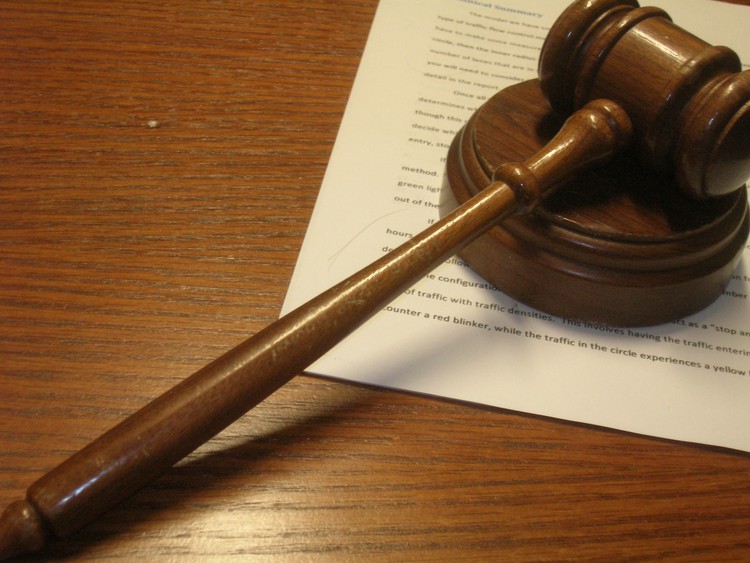Makana municipality defaults on Eskom debt
Struggling City fails to repay R7.5 million instalment
The Makana Municipality in the Eastern Cape has failed to pay the December R44 million instalment owed to Eskom in spite of a court order. Photo: Brian Turner via Flickr (CC BY 2.0)
Financially struggling Makana Municipality defaulted on its payment to Eskom in December in contravention of a court order.
The municipality was taken to court by the Grahamstown Business Forum, the Grahamstown Residents Association and other parties in June 2019. The municipality acknowledged that it owed R44 million to Eskom as at 31 May 2019, and an agreement was made with Eskom to repay the debt in six instalments of R7.5 million a month for six months. The Eastern Cape High Court made the agreement an order of the court.
But municipal spokesperson Yoliswa Ramokolo confirmed on 26 January that the municipality had failed to make the fifth payment, due at the end of December 2021.
She said arrangements had been made with Eskom to pay the R7.5 million outstanding at the end of the month.
“The municipality is also waiting for departments and other schools to make payment, which will assist in addressing the December current account payment. We are in communication with Eskom,” said Ramokolo.
Grahamstown Business Forum chairperson Richard Gaybba said it was worrying that the municipality had failed to pay. “Hopefully, Makana will make payment soon to adhere to the court order,” said Gaybba.
Sally Price-Smith of the Makana Residents Association said the association was paying close attention to the payment schedule.
An email sent to Eskom for comment had not been answered by the time of going to print.
Next: Anti-vax employees can be suspended, says CCMA in second ruling
Previous: SAPS probes notorious cop and his former boss in test case for police accountability
© 2022 GroundUp. This article is licensed under a Creative Commons Attribution-NoDerivatives 4.0 International License.
You may republish this article, so long as you credit the authors and GroundUp, and do not change the text. Please include a link back to the original article.
We put an invisible pixel in the article so that we can count traffic to republishers. All analytics tools are solely on our servers. We do not give our logs to any third party. Logs are deleted after two weeks. We do not use any IP address identifying information except to count regional traffic. We are solely interested in counting hits, not tracking users. If you republish, please do not delete the invisible pixel.



